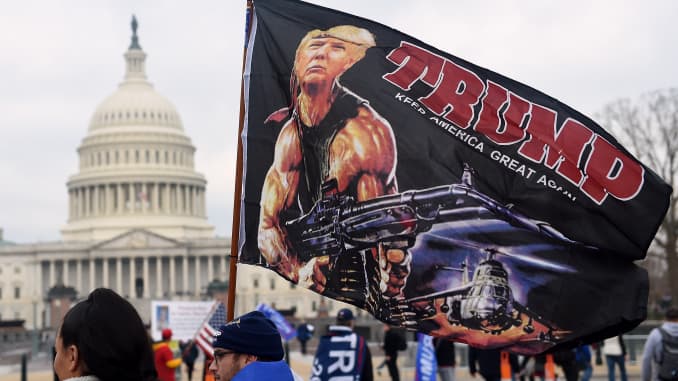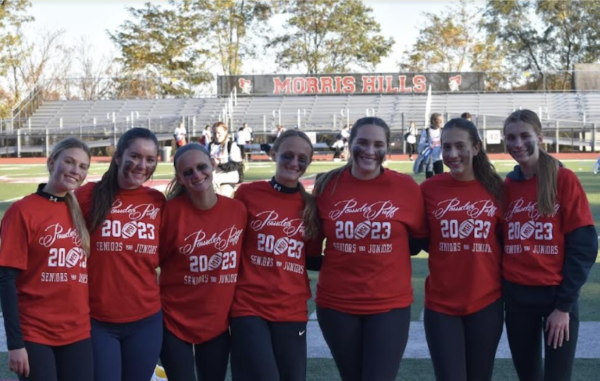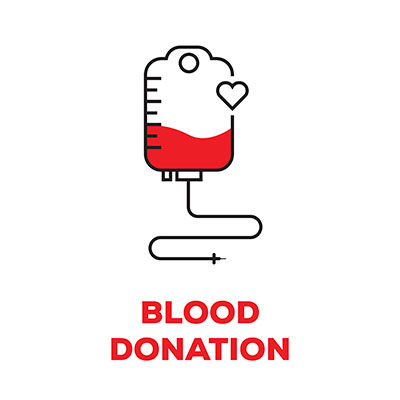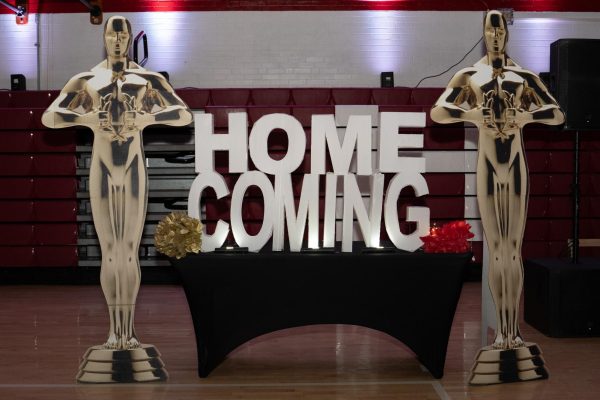January 6th, 2021: Here’s What to Expect
By early January of the year following a presidential election, Washington D.C. has usually returned to a less frenzied state. Given that 2020 was by no means a normal year, it seems no surprise that the political atmosphere in Washington is tenser than ever before as we approach January 6th. But why that date in particular?
January the 6th is when a joint session of Congress (both the House and the Senate) will meet to certify and finalize the Electoral College votes that were cast back in December 2020. Believe it or not, this process, which usually takes about an hour, is expected to take much longer this year, due to a last-ditch effort by Trump-loyal Republican senators and House representatives to overturn the election by means of objections to the states’ electors.
At approximately 1 p.m., legislators from both the House and the Senate will meet in the House chamber, with Vice President Mike Pence (also President of the Senate) presiding over the two chambers. Pence will open the envelopes sent by each state containing the official electoral votes. A group of people, known as the “tellers,” will then read these votes to the chamber. This is where the so-called “objections” come into play. These objections must be in writing and signed by at least one House representative and one Senator. If this Senator does agree to object to an elector, both the House and the Senate will reconvene in their own respective chambers to debate the objection. Each member will get up to 5 minutes to express their views on the objection, and this debate can only last for up to 2 hours. For the objection to prevail, it must be passed by 218 of the 435 House members and 51 of the 100 Senators, or a “simple majority.” This year, there’s almost a 100% chance that there will be an objection, which is why the process is expected to take so long.
However, this isn’t the only course of events that will play out on the 6th, as President Trump is urging his supporters to travel to Washington D.C. to protest the Electoral College count and demand that the election be overturned by Congress. In other words, you can probably expect a wave of Trump supporters to be standing outside the Capitol building holding up signs like “Stop the Steal” or “Joe Biden Will Never Be My President.” The President has promised his supporters in his tweets that the rally will be “wild,” and that it may end up being the largest political rally in modern American history. Around 15,000 attendees are expected to show up on the streets of Washington, and the D.C. police department is already bracing for violent clashes between far-right and far-left extremist groups.
Will the protests and objections to the election of Joe Biden ultimately prevail? The likely answer is no. The House remains in Democratic hands, and even if an objection is able to pass in the Senate— which is also highly unlikely— the House will immediately shoot it down. Even several notable Republican senators, like Mitt Romney and Susan Collins, have dismissed the overturning as a “ploy” that “dangerously threatens our democratic republic.” But even if the overturning of the election plot fails, will it still make history? Certainly. It isn’t necessarily common for 12 US Senators and 126 House Representatives to back the overturning of a Presidential Election for which there has been no evidence of widespread voter fraud found. Fifty years from now, the date January 6th, 2021 will be in every high school and middle school history textbook across the country.











